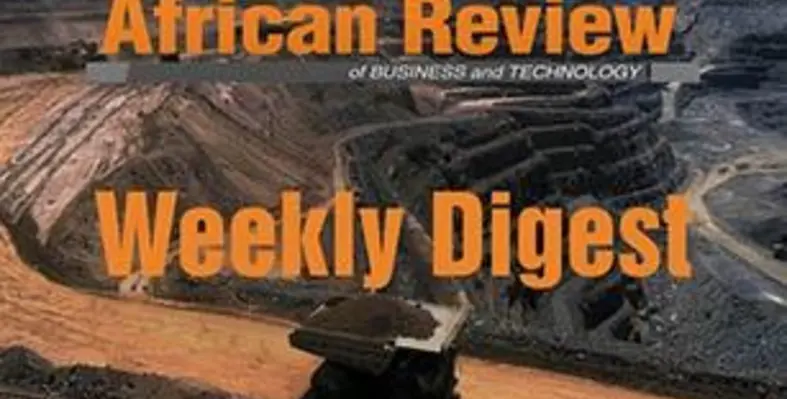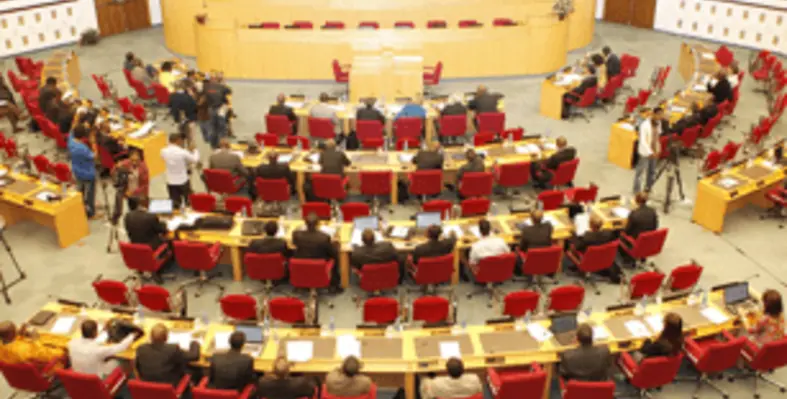
INTERMAT Paris is the international trade show of reference for the construction industry, public works and infrastructure projects. (Image source: INTERMAT)
African countries are expected to receive US$362.03bn of investment by 2040, with major promising sectors being constructions of buildings, ports and roads, according to INTERMAT Construction Industry Observatory













